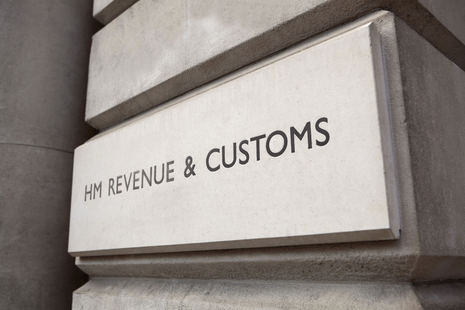
Empowering Financial Decision-Making for a Successful Tomorrow
Empowering Financial Decision-Making for a Successful Tomorrow
As the financial year 2024/25 unfolds, self-employed individuals and employers in the United Kingdom must stay informed about the latest developments in income tax regulations, thresholds, National Insurance Contributions (NICs), and the National Minimum Wage (NMW). This comprehensive guide provides insights into the updated tax and wage landscape for the upcoming financial year, helping you make informed decisions for your financial well-being and business success.
For self-employed individuals, understanding income tax rates is crucial for effective financial planning. In the tax year 2024/25, the updated income tax rates are as follows:
Personal Allowance: The Personal Allowance is £12,570, representing the amount you can earn before income tax applies.
Basic Rate: Income above the Personal Allowance and up to £50,270 is subject to the basic rate of 20%.
Higher Rate: Earnings between £50,271 and £125,140 fall into the higher rate band, with a tax rate of 40%.
Additional Rate: Income exceeding £125,140 is subject to the additional rate of 45%.
It's essential to consider these rates in the context of taxable income after allowable expense deductions.
From 6 April 2024, there are important changes to NICs for self-employed individuals:
Class 2 NICs Abolition: Self-employed people with profits above £12,570 will no longer be required to pay Class 2 NICs but will continue to receive access to contributory benefits, including the State Pension.
Contributions 'Treated as Paid': Those with profits between £6,725 and £12,570 will continue to have their contributions 'treated as paid,' ensuring access to contributory benefits, including the State Pension, without paying Class 2 NICs.
Voluntary Class 2 NICs: Individuals with profits under £6,725 and those who pay Class 2 NICs voluntarily to access contributory benefits, including the State Pension, can continue to do so.
The government has announced plans to provide further information on the abolition of Class 2 NICs next year.
Additionally, for the 2024/25 tax year:
Class 2 and Class 3 NICs Rates: These rates have been frozen at their 2023/24 levels.
Class 1 Lower Earnings Limit and Class 2 Small Profits Threshold: Both will remain frozen for the 2024/25 tax year.
National Insurance Contributions Relief: Employers who hire former members of the UK regular armed forces will continue to receive contributions relief for the 2024/25 tax year.
The NMW ensures fair remuneration for workers. Effective April 2024, the updated NMW rates are as follows:
Adhering to these rates is crucial for legal compliance and ensuring fair compensation for employees.
Staying abreast of the UK tax landscape, including updated income tax rates, NICs changes, and the National Minimum Wage, is essential for financial planning and legal compliance. Seeking professional advice ensures accurate and compliant financial management, helping individuals and businesses make informed decisions for their financial success in the 2024/25 financial year. If you need clarification or professional help, please contact Gondal Accountancy at info@gondalaccountancy.co.uk or call us at 0121 4399760
Disclaimer: Please be advised that the content of this blog is meant to serve as general information only, and should not be considered as tax advice. Given the complexity of tax laws and the potential for regulatory changes, it is strongly advised that you seek the guidance of a qualified tax professional or financial advisor prior to making any decisions based on the information contained in this blog. Please note that neither Gondal Accountancy nor its staff assume any responsibility or liability for any decisions made or not made as a result of the information presented in this article.
Interested in learning more about our Dedicated Accounting Services tailored for Small Businesses?
Get your free, no-obligation consultation from our professional accountants today!